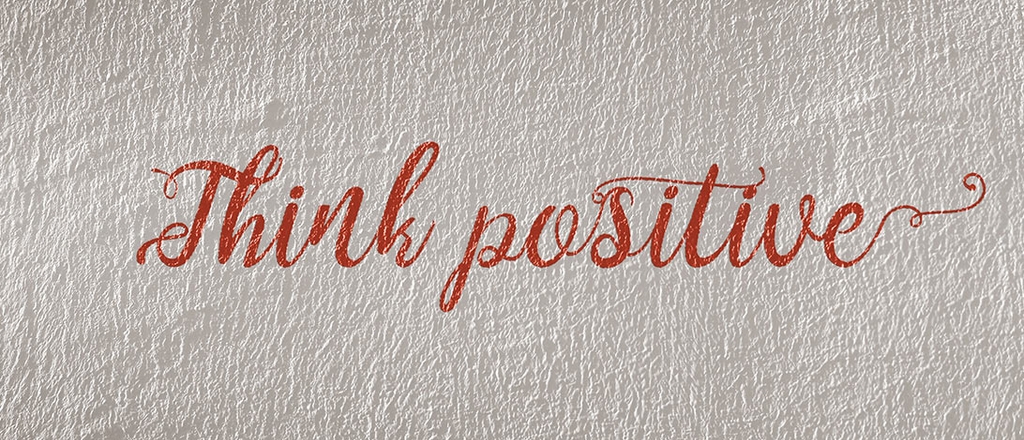- Home
- Our Purpose At Ie University
- Knowledge At Ie University
- Optimism In Decision-making
Optimism in Decision-Making

By Antonios Stamatogiannakis, Assistant Professor of Marketing at IE Business School.
An objective look at macro-level variables shows that the current health crisis is having disastrous economic consequences: stock markets are falling, demand is down, some sectors (e.g. education) have had to alter their operations, and others (e.g. airlines, tourism) have almost completely shut down.
In contrast, a quick look at social media reveals a different—and rather positive—picture: Opinions about business opportunities, adaptability, skills exploration, and so on abound. Why do we see this disconnect? Is this positivity a good thing, or a bad thing? And what can we learn for the future? I will try to provide some answers below.
The cause: optimism
This positivity is largely driven by a fundamental human bias: optimism. Even in the worst of times, people, on average, expect a situation to be better than it actually will be. This bias can be stronger on social media, because people tend to post and share mostly positive information.
A bad consequence: less accuracy
Optimism can hurt accuracy, since it entails believing in a brighter future than the one that reality promises. Of course, whenever there is a crisis, there is also opportunity. However, when the economy is not thriving, there may be far fewer opportunities than we think or than there would have been in a more favorable financial environment.
A good consequence: faster recovery
Although optimism may hurt accuracy and lead to some bad decisions, it is necessary in order to sustain business efforts. People who do not think they will succeed most likely will not engage in any activities beyond those which are strictly necessary.
Therefore, although lack of accuracy is undesirable, it may not be such a big problem if it helps sustain economic activity. As Michelangelo put it: “The greater danger for most of us lies not in setting our aim too high and falling short, but in setting our aim too low and achieving our mark.” Hence, the optimism bias will serve us well, because managers who feel empowered by the crisis will take the initiative to put things back on track. But to do this, these managers have to believe that “things will work out,” even if they won’t.
A lesson: understand behavior!
We professors often allude to the advantages of data-based decision-making. But what data? If someone were to run a data-mining algorithm on social media right now, the results would refer to “opportunity,” “learning,” “adaptability,” “hyperconnection,” and so on. That sounds like an excellent economic environment! What are you missing? Larger quantities of information cannot solve all biases. Millions of data points definitely sound more trustworthy than a few dozens, but they are pretty much the same if they all suffer from the same bias—in this case, optimism. Mountains of data cannot replace a nuanced understanding of behavior. In the current circumstances, this may sound obvious. But in more normal times, we often forget and blindly trust information based on quantity, not quality.